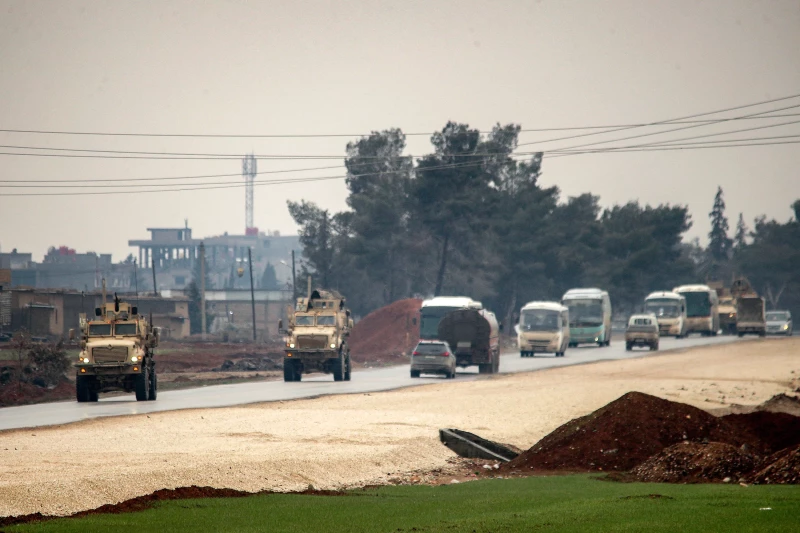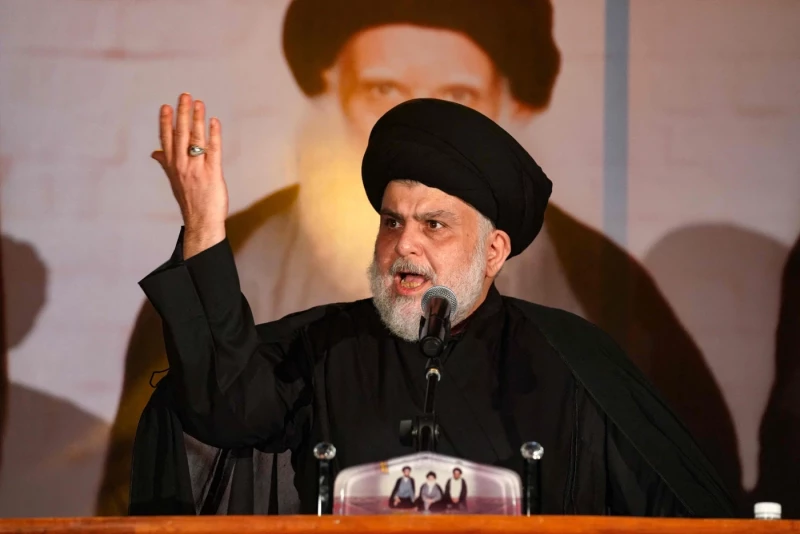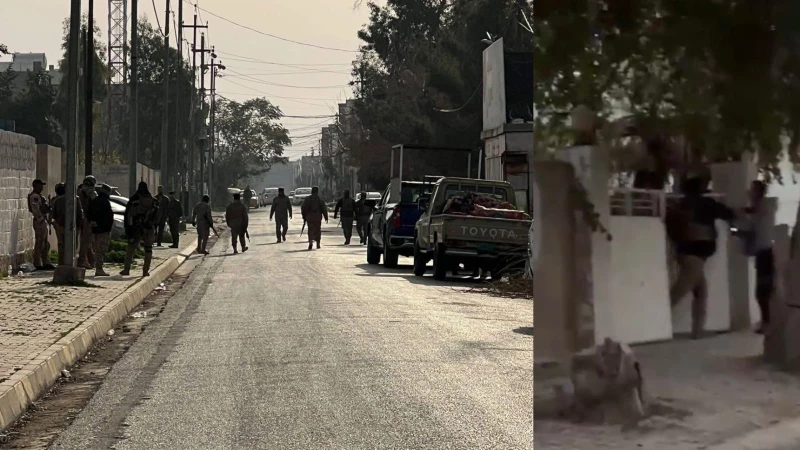ERBIL, Kurdistan Region of Iraq - The Emirati Dana Gas on Monday announced that they would temporarily suspend gas production in the Kurdistan Region following a drone strike targeting Khor Mor field on Friday.
In a press release, the Emirati company said “we have temporarily suspended production and instituted specific procedural changes for the safety of all our staff and facilities,” citing that they value the health and wellbeing of their employees and contractors.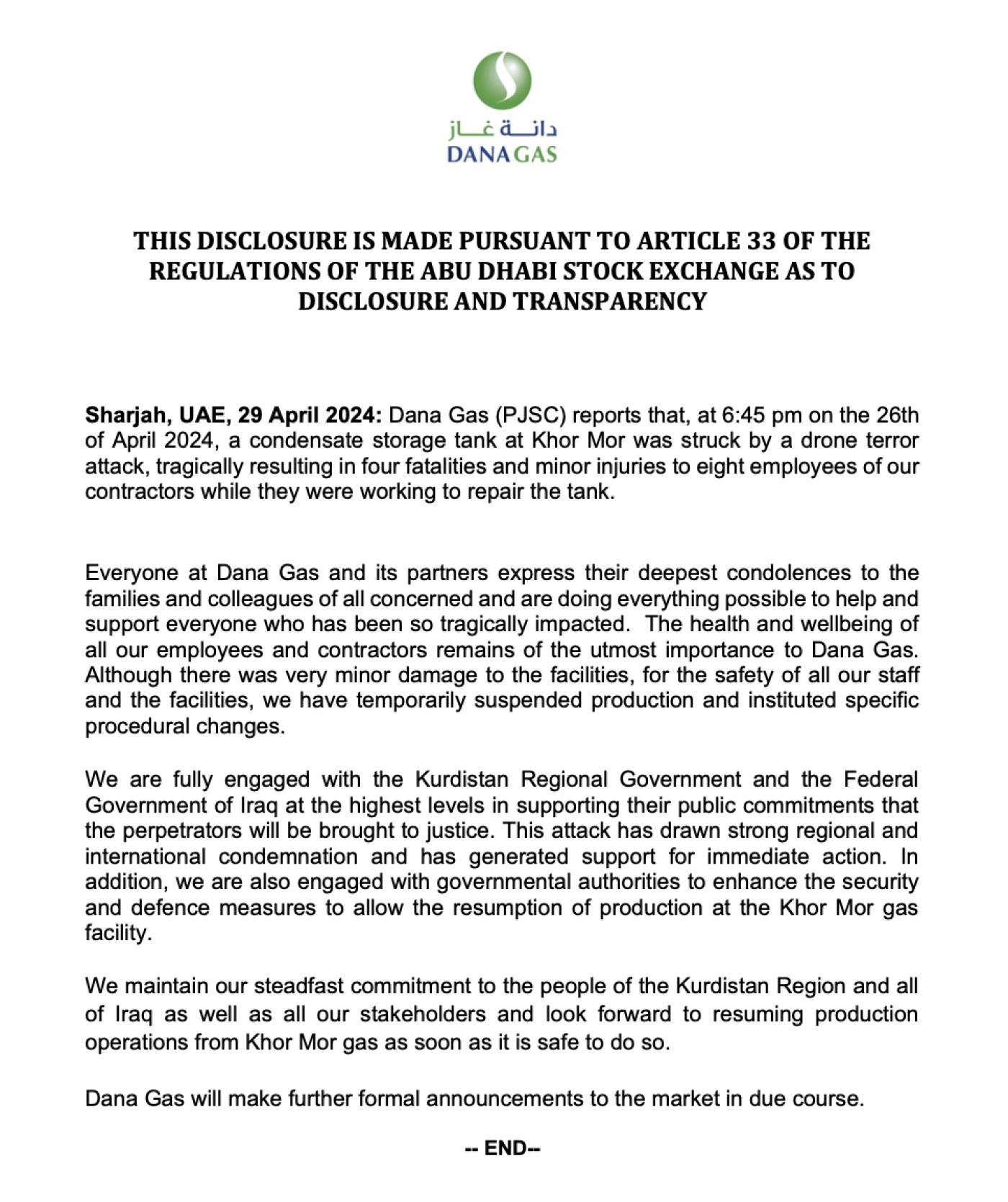
The company said that they are engaging with the Kurdistan Regional Government (KRG) and the Federal Government to ensure that the perpetrators are held accountable for their actions, adding that the attack “has drawn strong regional and international condemnation and has generated support for immediate action.”
Addressing operational resumption, Dana Gas expressed its commitment to stakeholders, saying that the company will “maintain our steadfast commitment to the people of the Kurdistan Region and all of Iraq as well as all our stakeholders and look forward to resuming production operations from Khor Mor gas as soon as it is safe to do so.”
“Dana Gas will make further formal announcements to the market in due course,” the press release added.
Deaths and injuries, besides power shortage and condemnations by local and international figures resulted from the attack on the Khor Mor gas plant on Friday.
A suicide drone hit the Khor Mor gas field in Chamchamal, Sulaimani province on Friday where UAE company Dana Gas is investing, resulting in casualties and injuries among both foreigners and local nationals.
#BREAKING: CCTV footage shows the moment Khor Mor gas field in #Chamchamal was attacked #TheNewRegion pic.twitter.com/3z7gRO8bC2
— The New Region (@thenewregion) April 27, 2024
The incident triggered widespread condemnation and calls for an investigation from local and international political and diplomatic figures and institutions.
Following the strike, the KRG announced a reduction of 2500 megawatts in power generation, resulting in power shut down in most of Erbil and other areas, but later announced the restoration of 1600 megawatts on Saturday.
#BREAKING: Loss of 2500 megawatts of electricity due to the targeting of the Khor Mor gas field, the #KRG announced on Friday.#TheNewRegion pic.twitter.com/mzlZrtD3ZI
— The New Region (@thenewregion) April 26, 2024
The attack on Khor Mor and Dana Gas’s suspension of work is very alarming for Iraq as it aims to develop its natural gas sector, according to analysts.
“The attack on Khor Mor is a negative signal for investment in Iraq's energy sector broadly and that of Kurdistan in particular,” Yesar al-Maleki, Gulf Analyst at the London-based Middle East Economic Survey (MEES), told The New Region on Monday. “The federal Iraqi government is gearing for an ambitious gas-focused licensing round which it has been preparing for over a year and attacks on foreign operators no doubt add to participants' concerns over security and the rule of law.”
Maleki believes that the attack on Friday has put several aspirations of both the Iraqi and the Kurdish government on hold as both sides were looking to explore the option of not adopting a self-reliant industry locally, but also be able to export in the longer run.
“In Kurdistan, Khor Mor which is Iraq's largest non-associated gas field has largely been spared the repercussions of the over one year closure of pipeline oil exports to Turkey and operators have been keen on advancing an expansion project to bring the field's capacity to 750 million standard cubic feet per day despite previous attacks” Maleki said. “The added capacity could help generate more power in Kurdistan with ongoing talks to sell surplus gas to federal provinces where the added gas would prove crucial for summer power generation. This expansion is now in limbo.”
A similar sentiment was shared by Shwan Zulal, Managing Director of Carduchi Consultancy.
“The Kurdistan Region’s energy sector has been going through a tough time for a while now as many investors and operators alike have abandoned the region due to various issues not to mention such security breaches like the recent attacks,” Zulal told The New Region on Monday. “The attacks will further deter investment in the exerting assets and possibly push operators into financial difficulties, resulting in diminished hydrocarbon sector in the Kurdistan Region.”
According to him, while the impact on Iraq might be minimal at the moment, it will alter the country’s plans of self-sufficiency.
“As for Iraq, the impact in minimal although it has to be said that that such attacks jeopardize any future plans to expand the Khor Mor field to supply the rest of Iraq with gas for power,” he said.
The halt in Dana Gas’s work came at a very crucial time for Iraq, especially as the country seeks investment from US firms.
“These attacks occurred right after the Prime Minister's visit to Washington and his meetings with energy firms, aimed at persuading them to return to the Iraqi market,” PMP certified independent Chartered Engineer Harry Istepanian told The New Region.
“This setback will hinder further development of the energy field. Exxon has already withdrawn from expansion plans due to security concerns,” Istepanian added.
Such attacks, according to him might negatively impact the International Oil Companies’ risk assessment.
“The recent deadly attacks will undoubtedly increase pressure on IOCs to reassess their long-term risk assessments before investing in Iraq's energy sector, including Kurdistan,” he said. “These incidents are likely to escalate unless tangible measures are taken by both Baghdad and Erbil to prevent future occurrences.”
Iraq, despite having the world’s third largest proven oil reserves, has for years struggled to establish a natural gas industry of its own.
The country is considered among the top countries contributing to global gas flaring, a method that not only wastes the country’s ability to produce its own gas and fuel its own electricity, but also negatively impacts the climate.
For years, Baghdad has been reliant on importing gas from neighboring Iran to fuel the country’s electricity generation, and during excessively hot summers, the country experiences blackouts as Iran at times reduces gas exports claiming they need it for local use.
Updated on April 30, 2024 at 7:15 pm


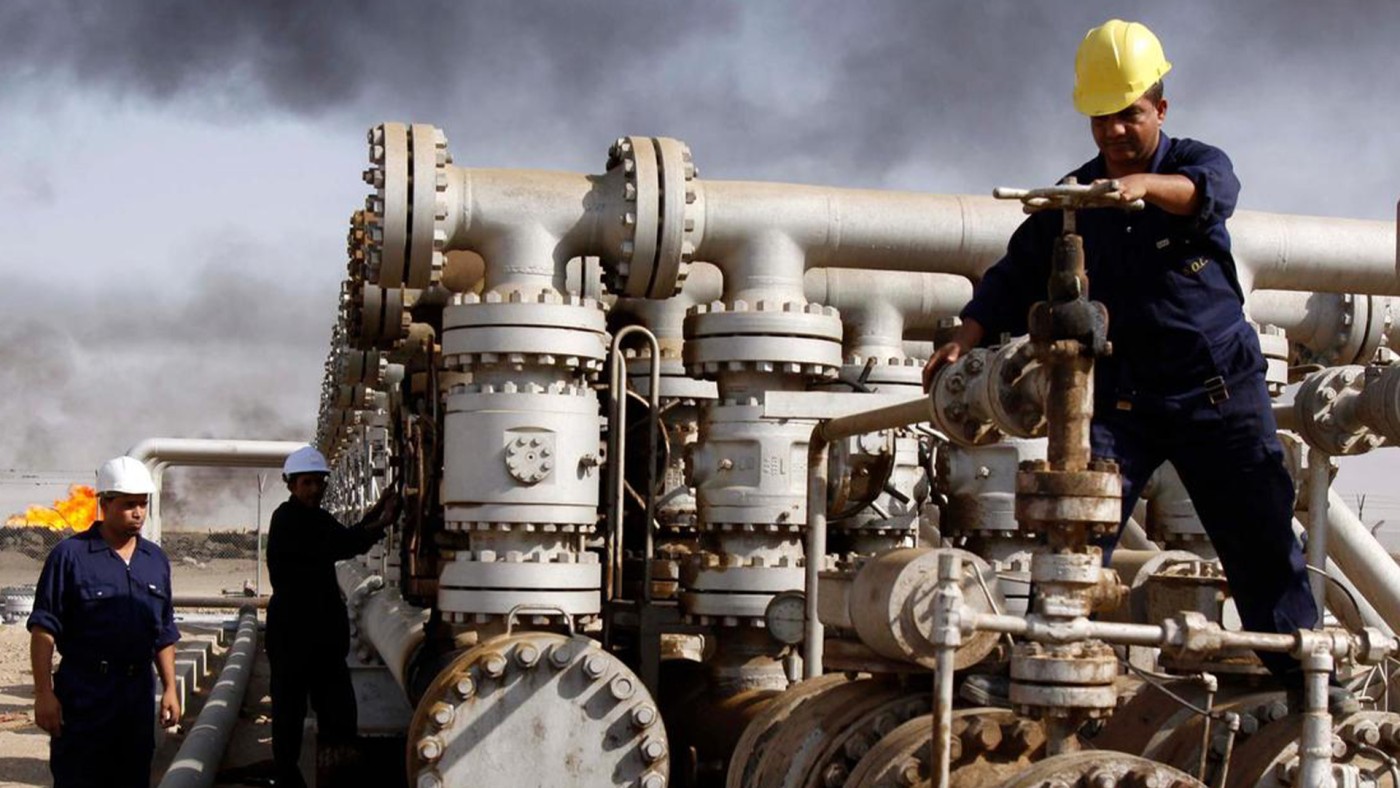
 Facebook
Facebook
 LinkedIn
LinkedIn
 Telegram
Telegram
 X
X
